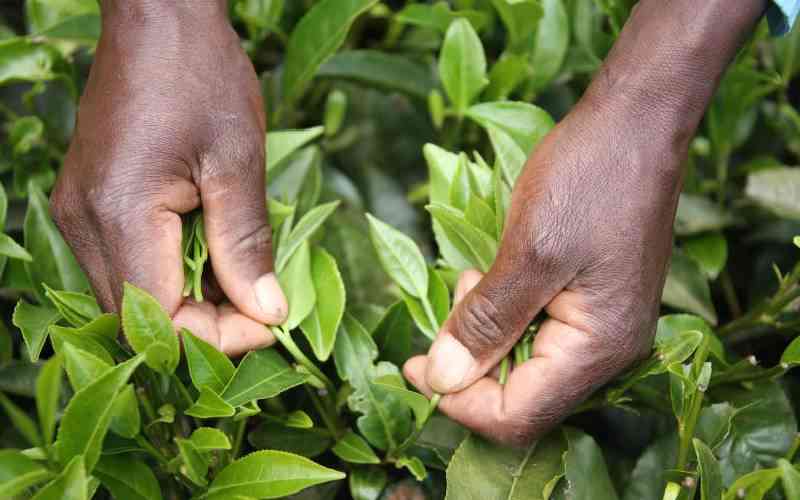×
The Standard e-Paper
Fearless, Trusted News

Agriculture is one of the sectors Kenya is most competitive in globally. It is a key driver of our economy with about 60 per cent of Kenyans deriving their livelihoods from agricultural-based economies.